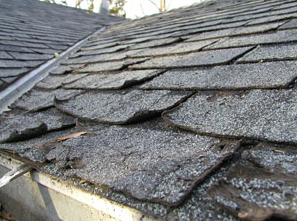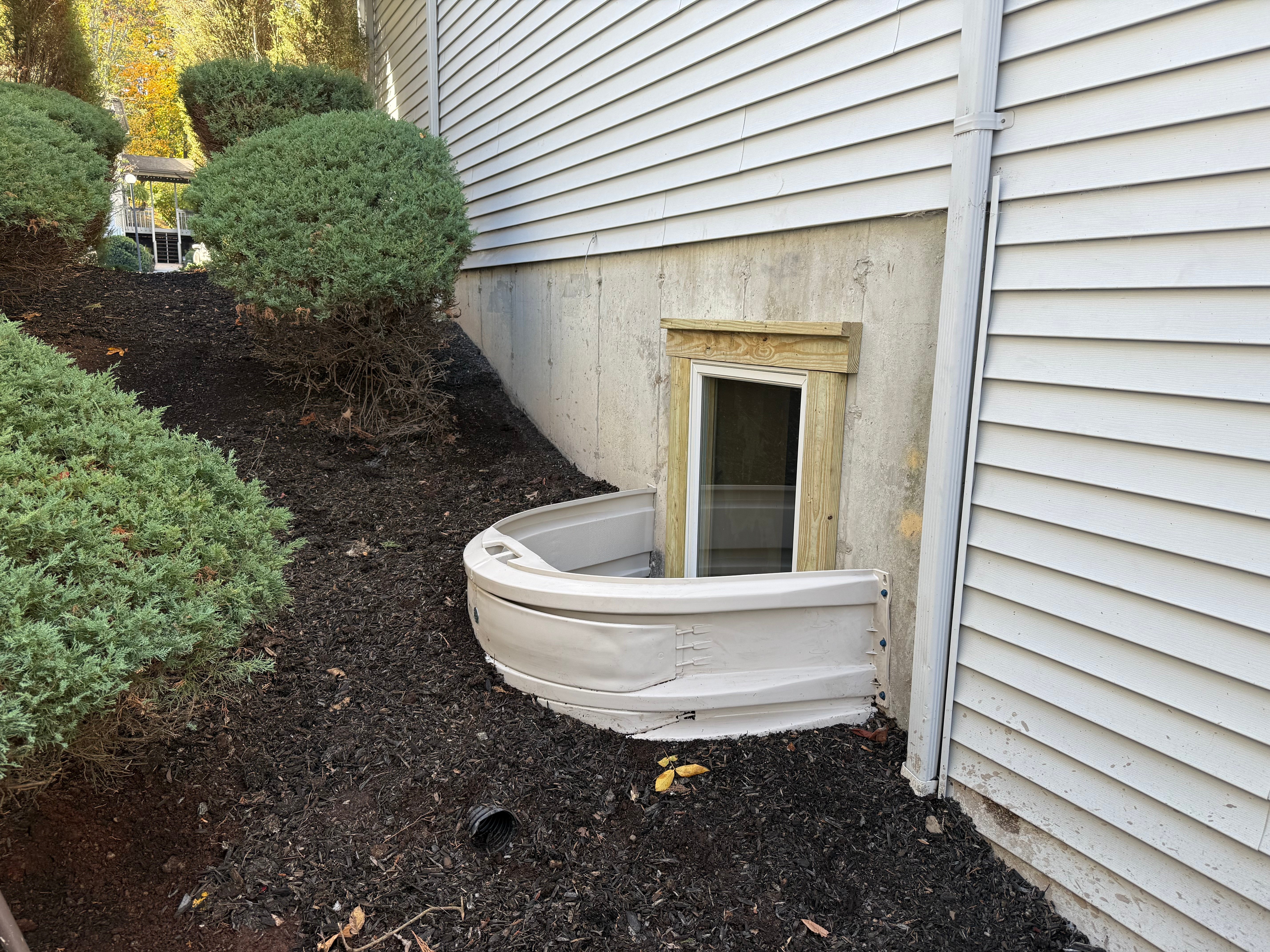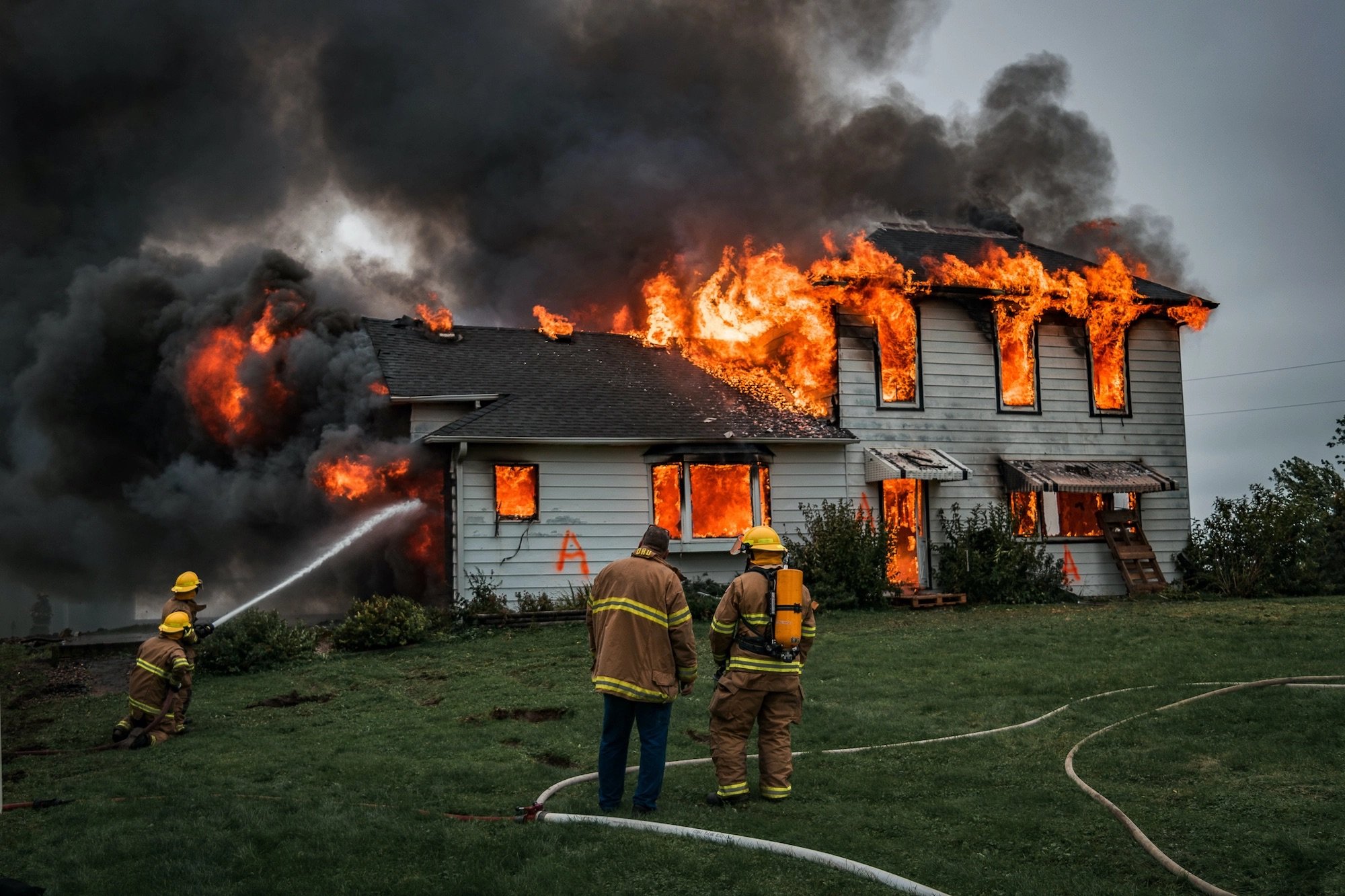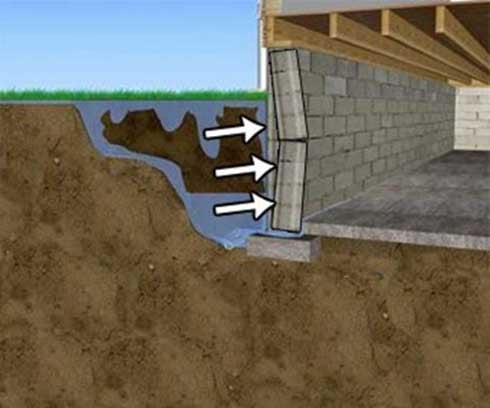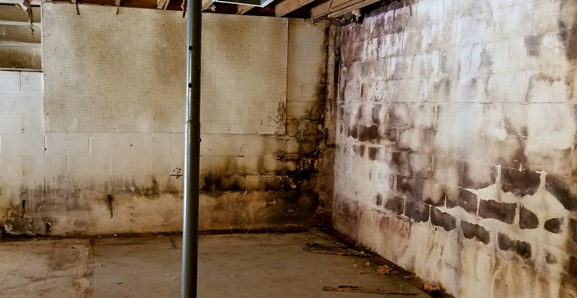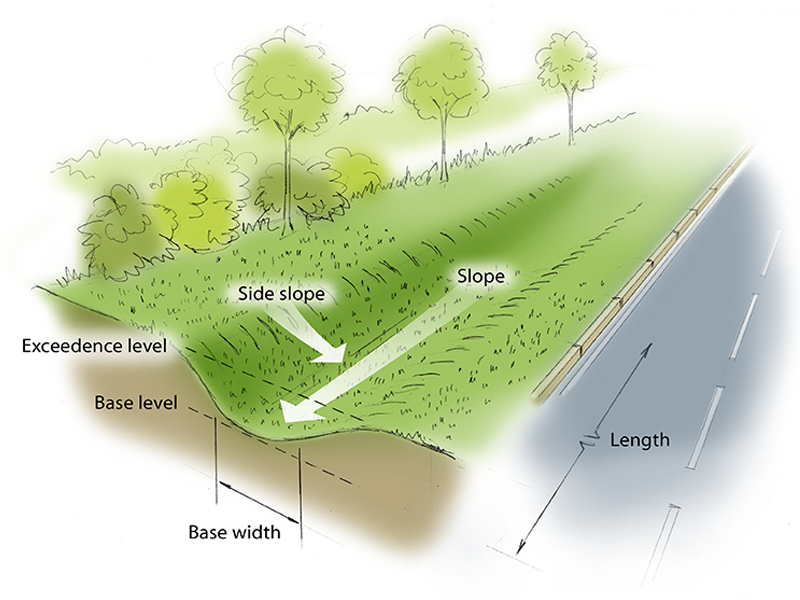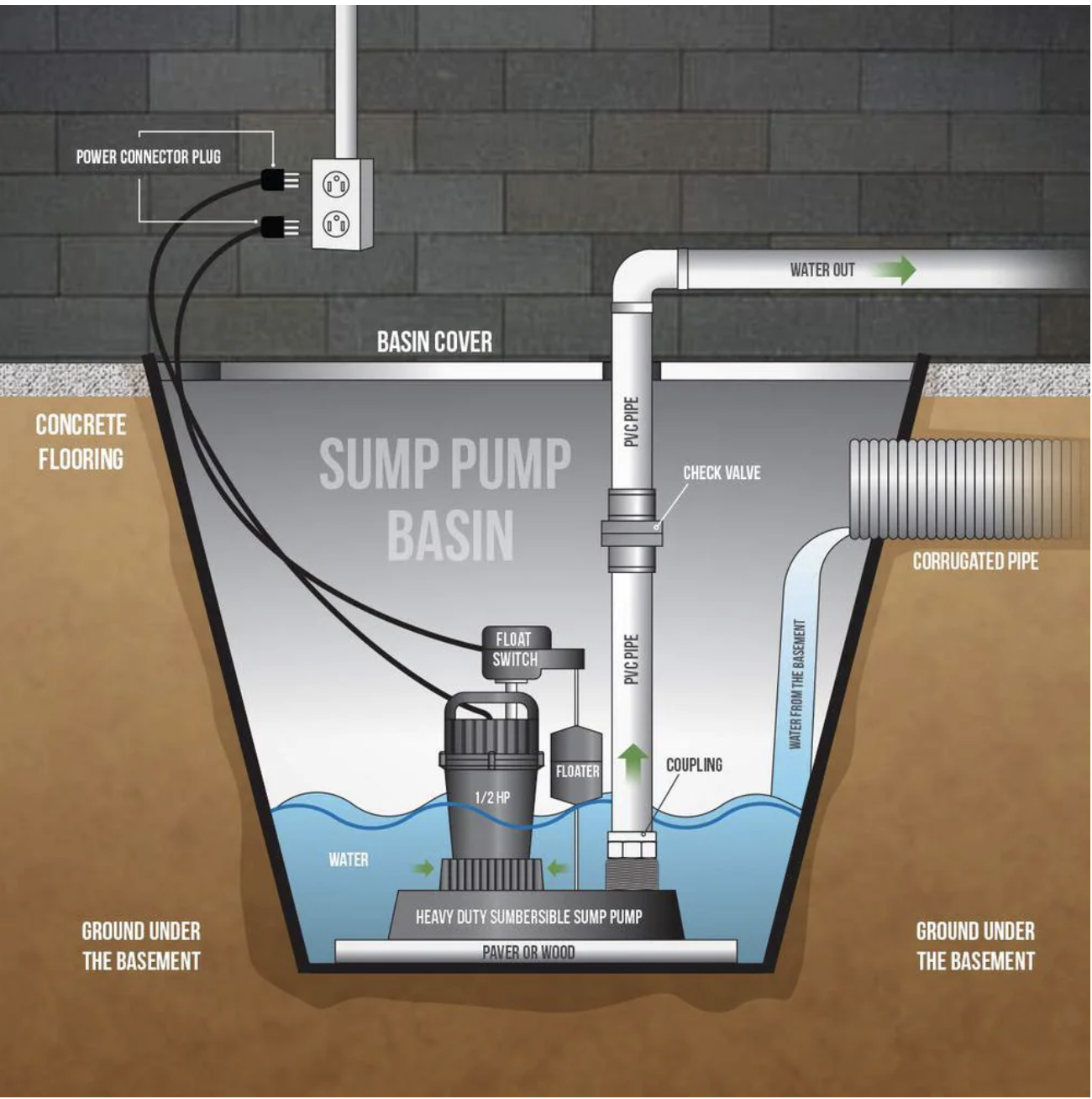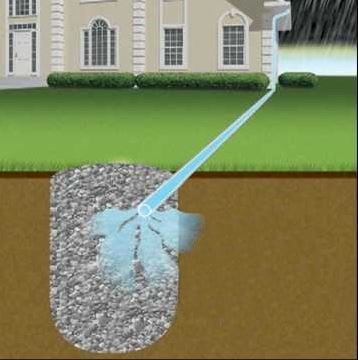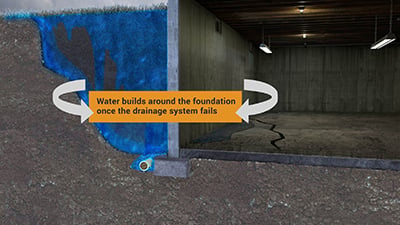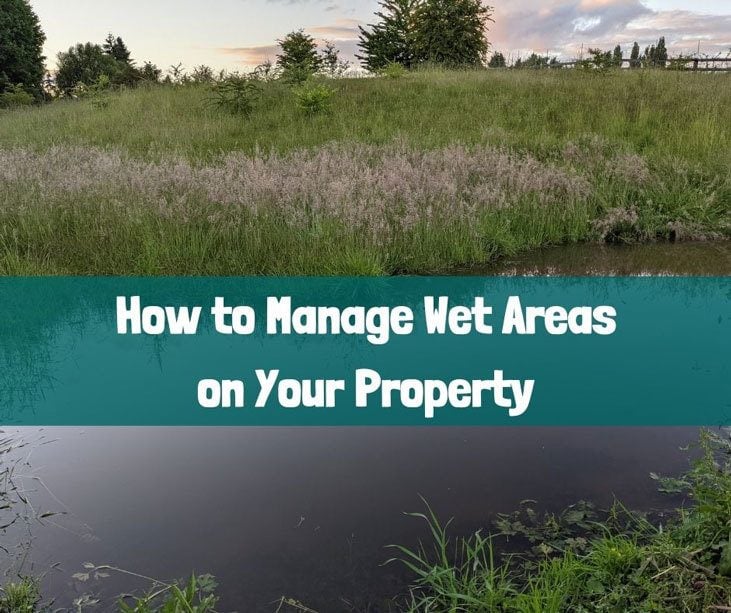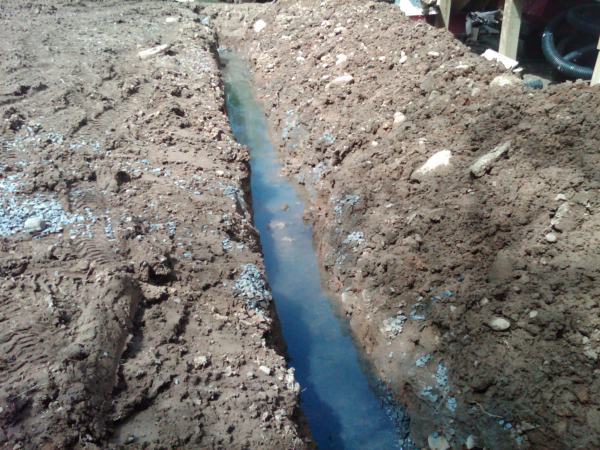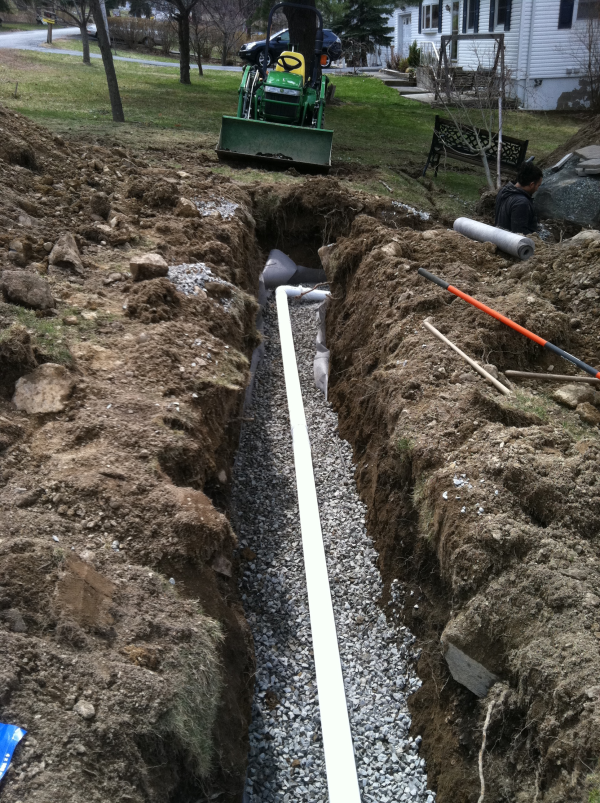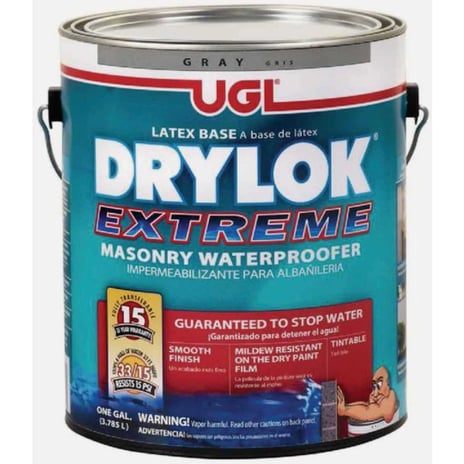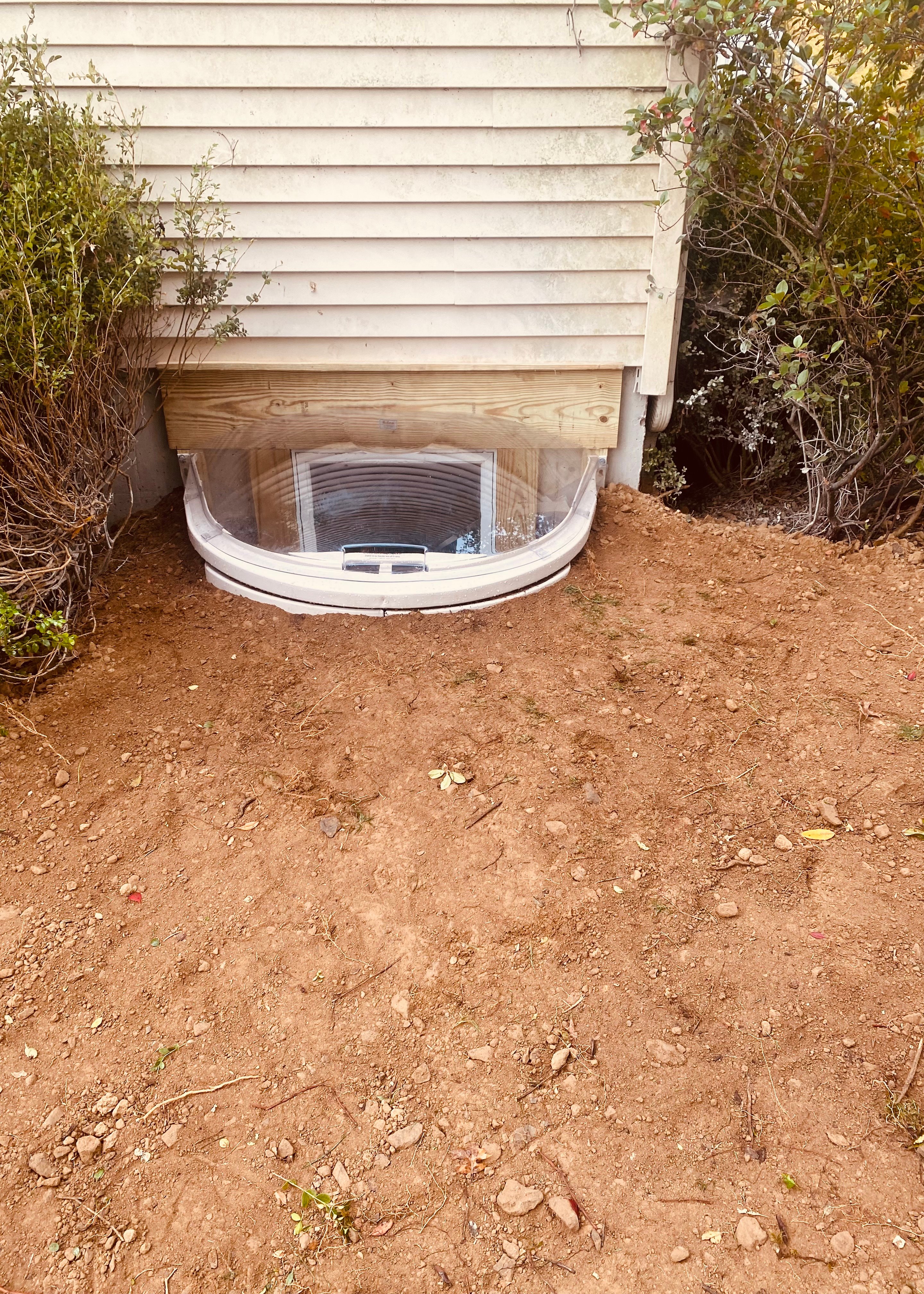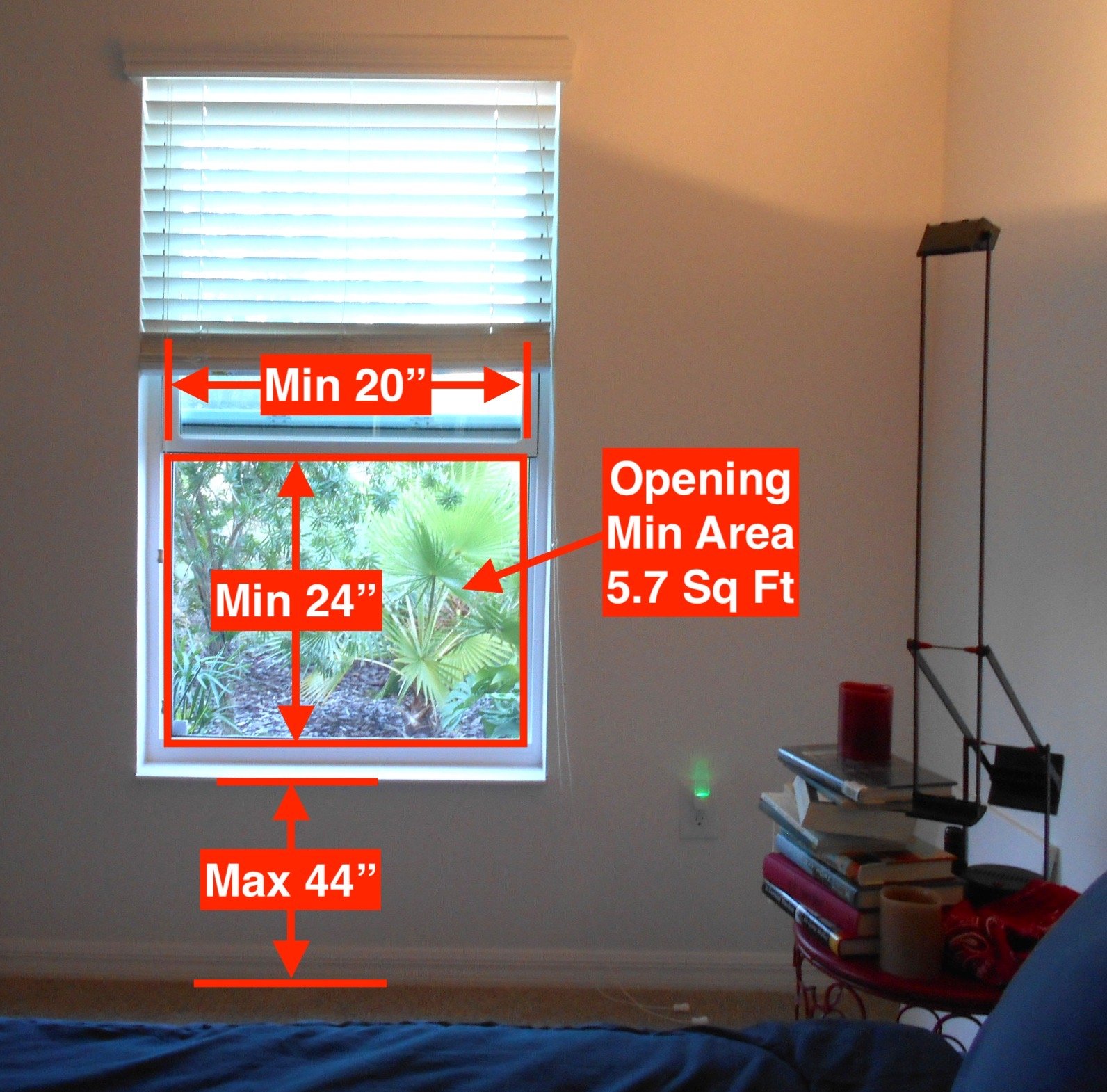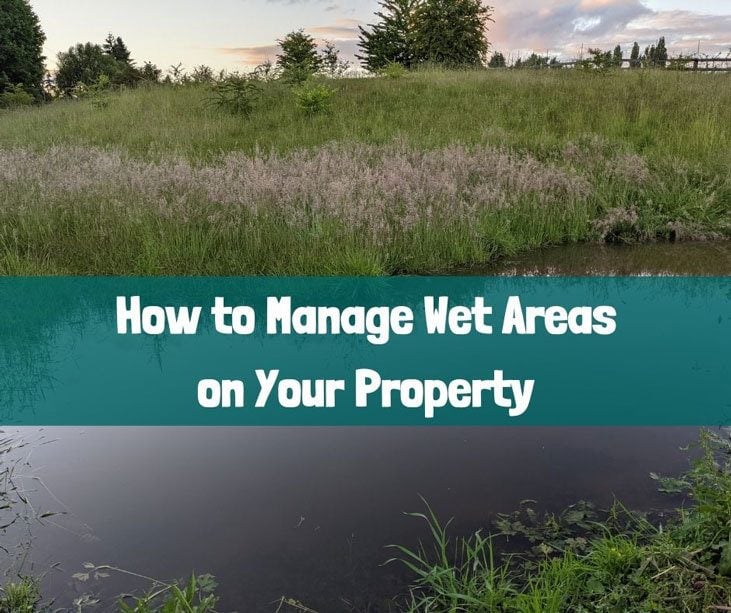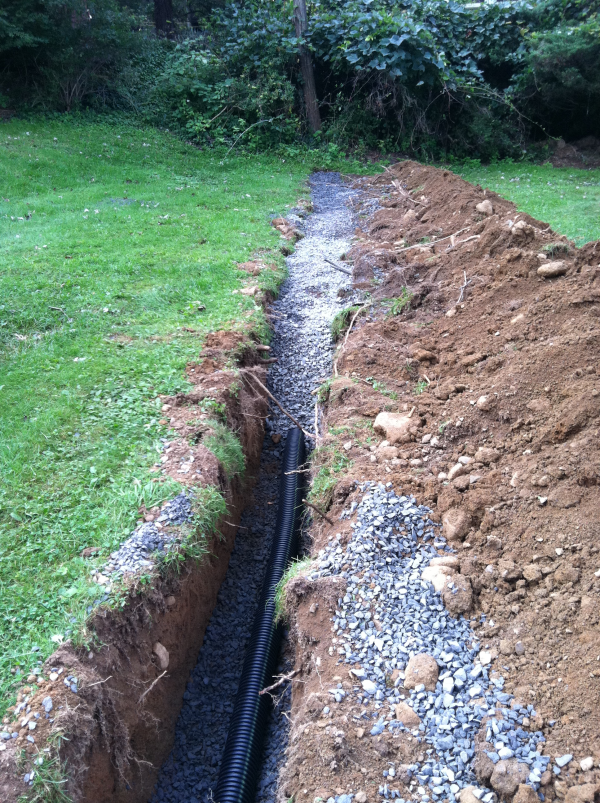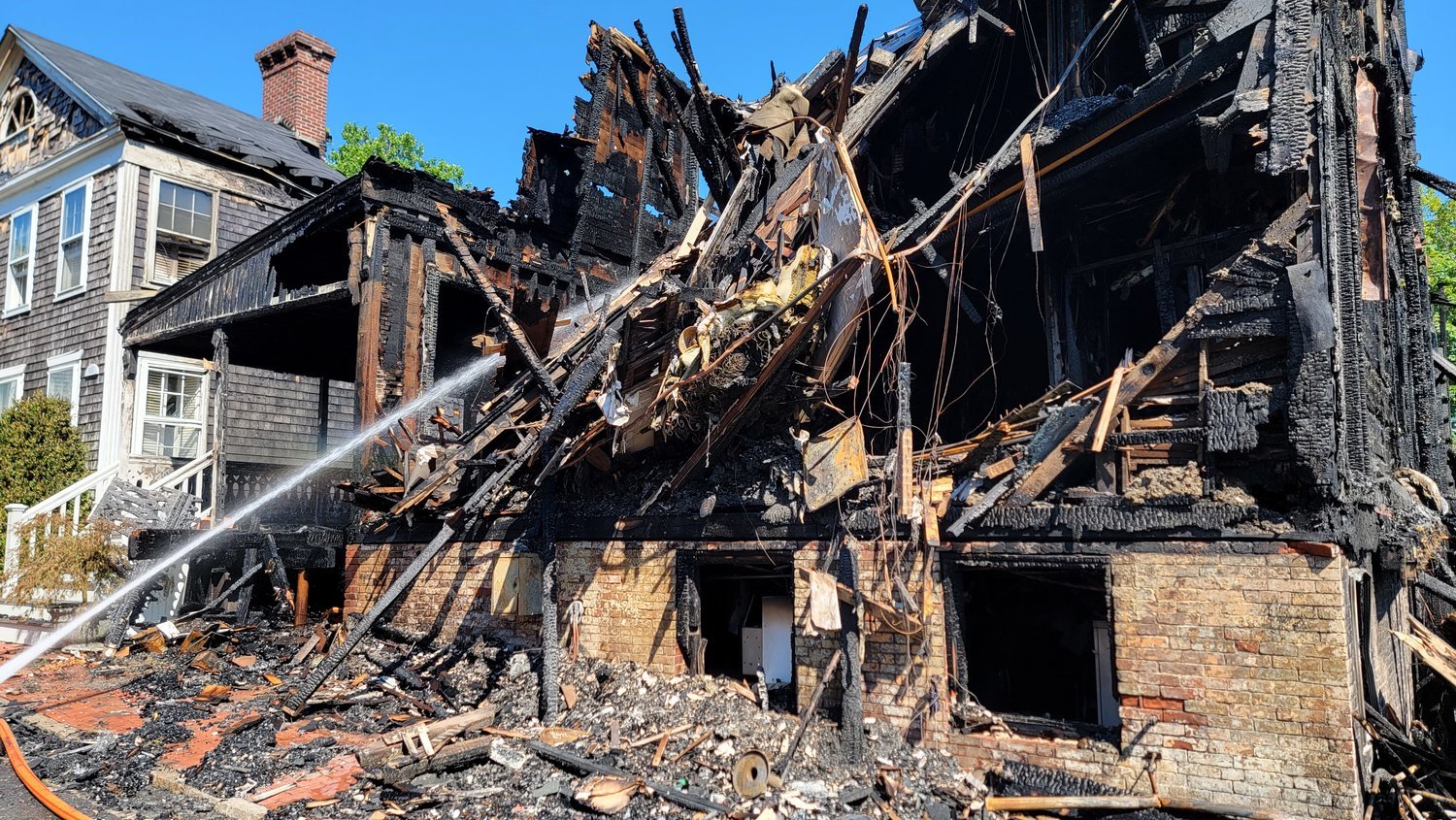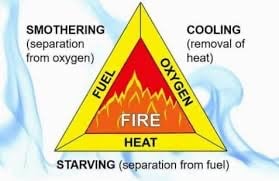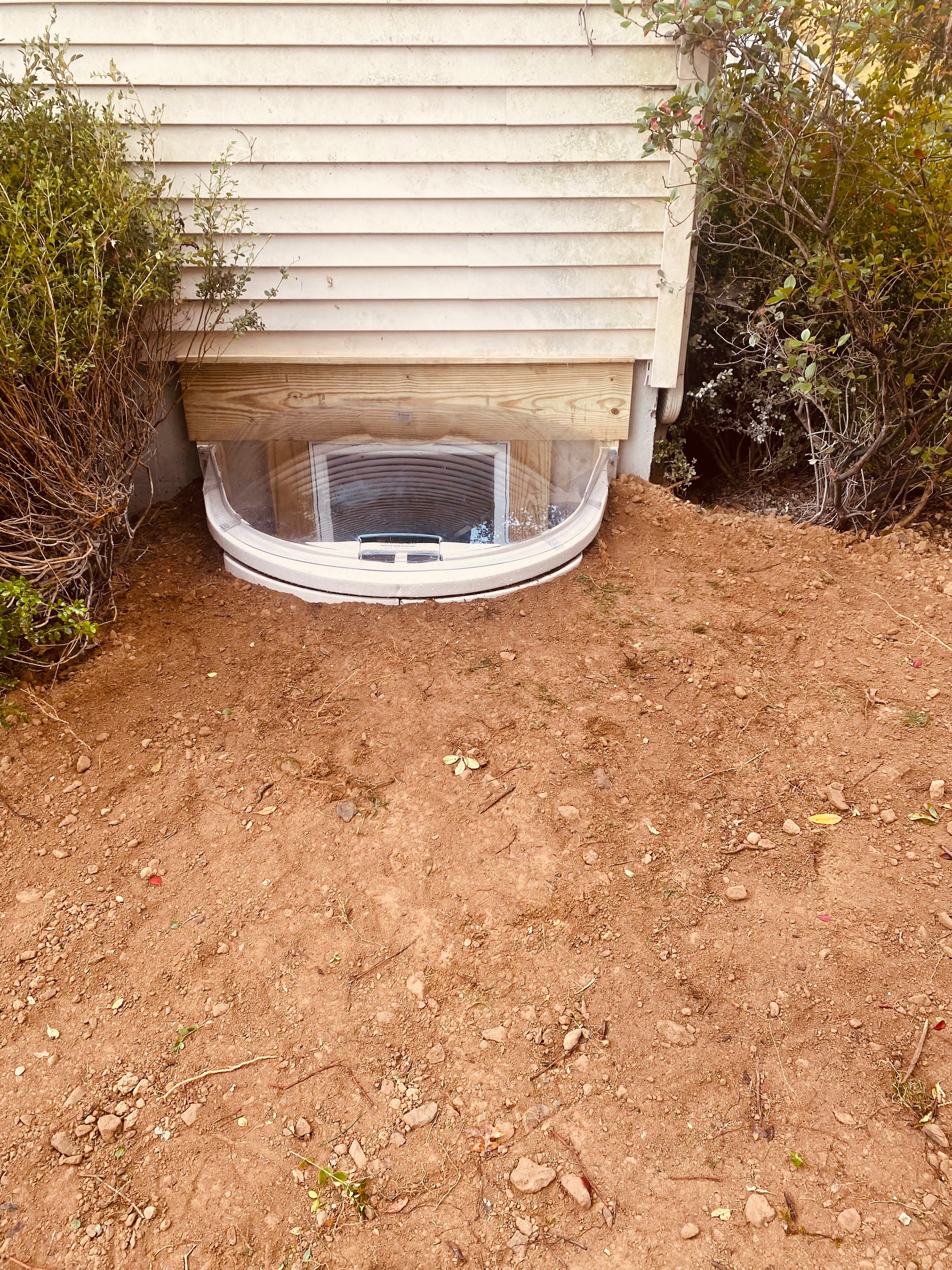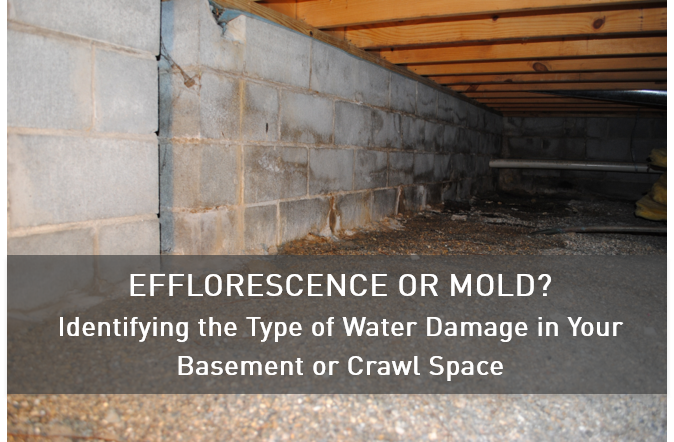
Many of us have homes and properties residing here in Orange County, NY. Nestled north over the Hudson River lies a beautiful area like most of New York with four changing seasons that experience year round climate and precipitation changes. With these changes throughout the year come with the potential for storm systems that can dramatically affect your homes basement and property. From heavy snows to heavy spring rains to the unpredictable thunderstorms and many other potential, your drainage system on your home/property is put to the test. One main drainage component that every home has, or is required to have, is a footing drain. Footing drains are installed at the base of your footing and foundation to move and relieve unwanted water pressure buildup around your home. Without footing drains installed or with failing footing drains you have a high potential for water infiltration into your basement. Unwanted water buildup can cause structural damage to your foundation as ground water tables rise increasing hydrostatic pressure. With improper functioning footing drains, water pressure can reach immense levels upwards of 33,000 psi against your foundation walls with the potential for structural damage.
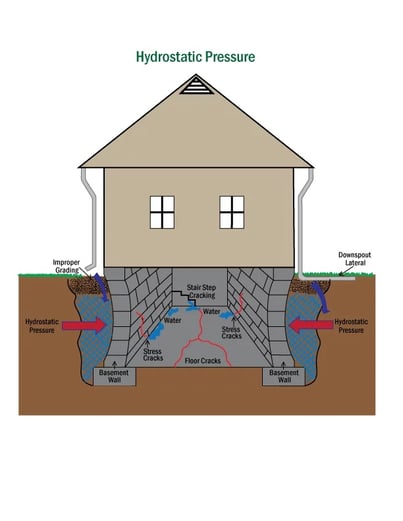
Hydrostatic pressure all increases with a combination of runoff from rain/snow and increasing ground waters you don't see. Water is one of mother natures most powerful forces and is responsible for trillions of dollars a year in damages around the world. Water is essential for all living organisms on our planet to exist but we with that said, we don't want water in our basements. Water in basements is a perfect environment for toxic mold and mildew to spawn rapidly and at times make it unlivable.
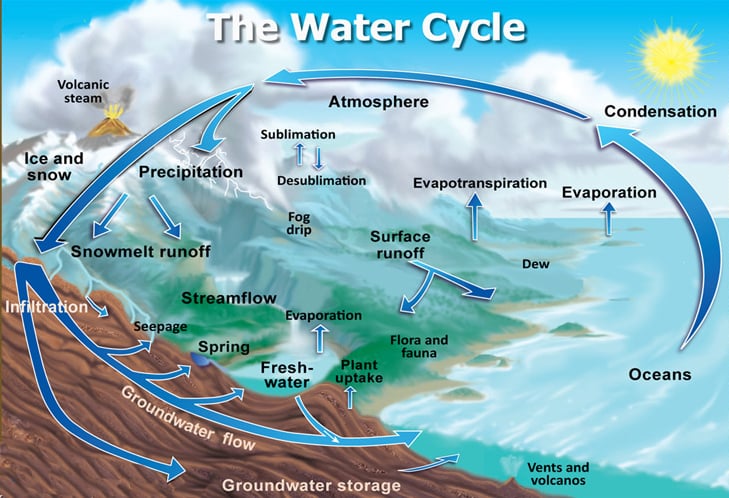
The water cycle is continuous year after year while conditions change by the day. Heavy rains may be followed by droughts, heavy snows may be followed by heavy winds, torrential downpours may fall at incredibly fast rates on drought stricken soils, etc........ Weather is extremely unpredictable especially here in the Northeast Hudson Valley area. Preparing for these events can help avoid the possibilities of flooding and water damage.
Drainage solutions for wet basements/property
- Installation or replacement of footing drains
- Installation of a curtain drain
- Extension of gutter downspouts
- Installation of a sump pump
- Construct a swale on property
- Installation of a dry well
- Installation of French drain
- Application of Drylok on interior walls of foundation
Water can be problematic on any area surrounding your home and property. Determining the source is #1 when choosing which drainage application(s) may be suitable for your needs. All properties are different with variations in grade, soil percolation, areas to discharge water, low areas on property, springs and/or streams........ A professional in drainage solutions can help what application you may need.
Different drainage solutions for your wet basement and/or property
Footing Drains
Footing drains run the perimeter around the exterior of your home at the base of your footing where foundation walls meets footing. Footing drains are required by code for any home built and main purpose is removing water away from your home before it can infiltrate into your basement. Hydrostatic pressure occurs as ground water tables rise allowing water to permeate through cracks in floor and walls. Evidence of a failing footing drain is usually detected by spotting water and/or moisture at base of foundation wall where floor meets wall. Most easily detected when basement is unfinished and visually spotted. Moisture on interior of foundation walls can indicate breakdown of foundation coating on exterior of foundation wall. These sections of walls will be buried under soil and will need to be excavated along with the footing drains. Failing footing drains with excessive ground water buildup can be extremely damaging due to the incredible force of water per every square inch of your concrete walls. Block and cinder block walls are the most susceptible to damage more so than solid poured concrete walls but in no way is substantial water buildup beneficial to any foundation. Installing new footing drains requires full excavation and installation of new corrugated pipes, foundation coating, filter fabric and ample amounts of aggregate.If grade of properly allows, pitch pipe and discard water to daylight. If proper grade cannot be achieved a drywell may have to be installed.
Curtain Drains
Curtain drains are essentially in ground gutter systems that remove unwanted water off your property usually in low lying areas where water pools and/or runoff needs to be diverted in a different direction. Excavated trenches usually 18-24 inches deep lined with filter fabric, 4" corrugated pipe and filled with aggregate up to grade is a standard procedure when installing a curtain drain. Most effective installation is leaving aggregate exposed but hidden applications for a more esthetic appearance can be achieved by apply a top coat of sand and good screened topsoil over aggregate to grow grass. If grade of properly allows, pitch pipe and discard water to daylight. If proper grade cannot be achieved a drywell may have to be installed.
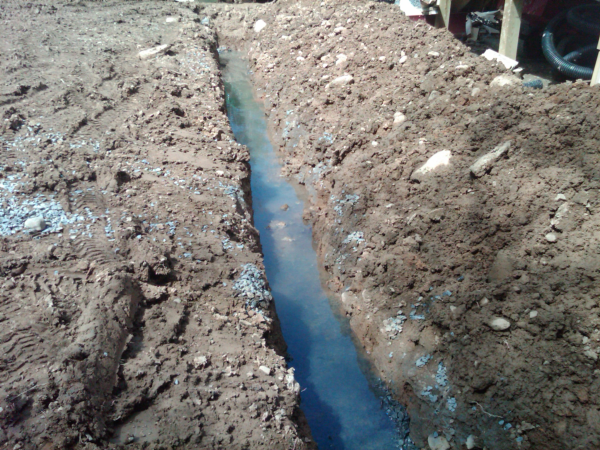
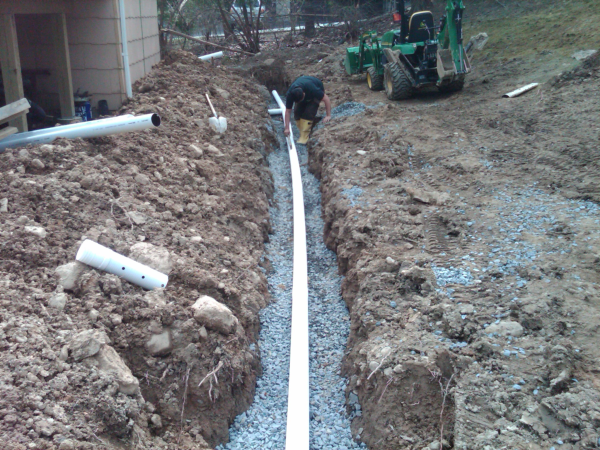
Gutter Downspouts
Gutters are on most every home and building except areas with extreme cold and snow where gutters may be left out in order to prevent ice damming from occurring. Ice damming occurs when snow on a roof melts and refreezes at gutter line through numerous melt and freeze cycles which can cause water to back up through your shingles into your home. When performing a new roof renovation it is advisable to install weather watch ice dam material at edges of roof to prevent ice damming. Gutters are a major component of your homes drainage management system that is required at times to move massive amounts of water quickly and efficiently. Any one torrential downpour, usually a fast moving thunderstorm, has the potential to produce 3+ inches of rain in less than an hour. Precipitation that falls at such a rapid rate in the summer usually falls on extremely dry over oversaturated soils that will not be able to absorb water adequately enough causing runoff to occur. A well pitched and clean gutter/downspouts can handle the amounts of water but where is it draining to? Many homes have just on elbow that basically excretes water directly on your foundation. This can be responsible for water pooling and/or water infiltration into your basement. As a home owner you can find gutter extensions at most any hardware store to help discharge water away from the home or can excavate and bury a 4' solid line.
Sump Pumps
Sump pumps are a great solution when dealing with a wet basement where water infiltration is an issue. Sump pumps work mainly on relieving hydrostatic pressure buildup under your homes floor and footings. In homes with an unfinished basement, when possible, situate location for pump at the lowest point of floor. This can be achieved using a laser level. Installation will include cutting and removing section of concrete floor. Once removed, hole must be dug down the depth of the sump pump basin to be installed. Filter fabric installed, aggregate applied around basin and concrete reapplied around basin. Sump pump is the installed inside of basin with a check valve and plumbing attached to discharge outside of home. Sump pumps are engaged using a float system that engages as water levels rise inside of basin.
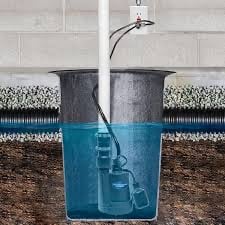
Swales
Swales are a great component for containing water on a property and used mostly when runoff may be an issue, Swales are excavated into the earth to contain and divert water just like a gutter. Mostly angled edges that divert water to the base of the excavated troughs divot point to contain and excrete unwanted water. Swales can be left natural to grow grass or swamp grass and in some more esthetic applications river rock or rip-rap may be added.
Dry Wells
Dry wells are a great solution for properties that do not have the efficient grade for the other drainage components mentioned to discharge to daylight. Dry wells can also be a great application for homes with a septic system where excess grey water, mostly from washing machines are diverted to prevent contamination of the septic tank. Heavy detergents kill off good bacteria that are necessary in maintaining the proper and stable ecosystem in order of breaking down solid wastes. Powdered detergents have been know to damage leech fields that do not have the ability to break down leaving the holes in corrugated pipes clogged. Clogged leech fields can cause complete failure of septic system by not allowing liquids to dissipate into the ground and eventually cause backups. Dry wells come in different sizes and which one is needed can be determined by a professional drainage expert.
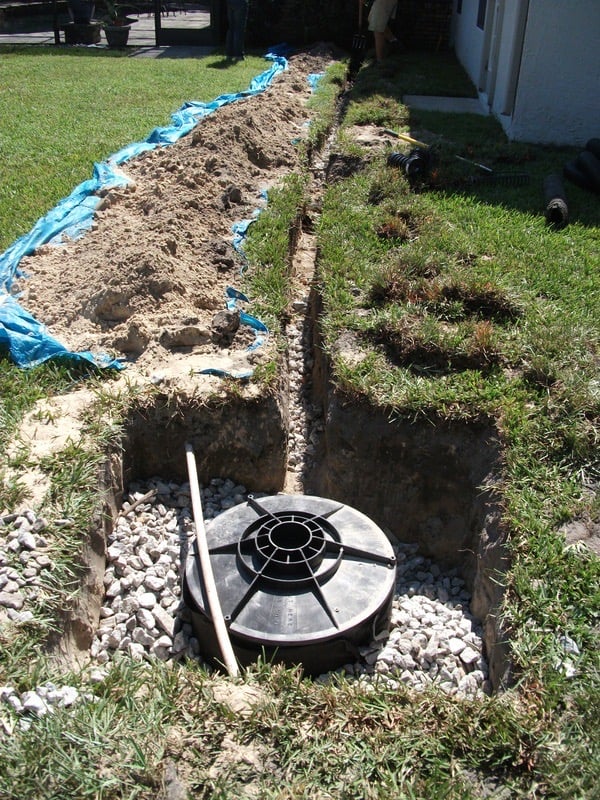
French Drains
French drains are another solution used to remove water in basements.These systems are installed around the interior perimeter of your foundation walls and discharged into a sump pump basin. They can be a faster solution to failing footing drains but still not a complete solution to hydrostatic pressure buildup on the exterior of your foundation walls. If your basement is finished this application may not be suitable for you without demolition of basement walls.
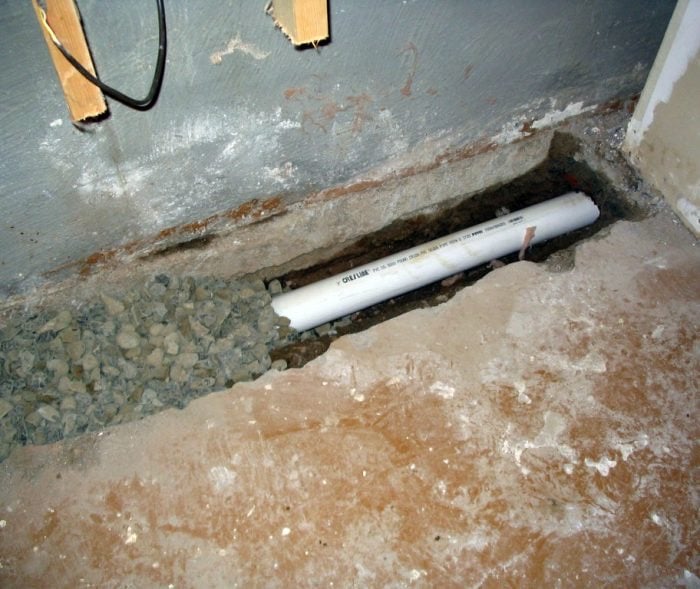
Drylok
Drylok is an interior application for coating interior foundation walls when moisture is evident. Block and cinder block walls are more porous than poured foundation walls but Drylok is always a recommended application for either especially before finishing a basement. Product claims to stop water pressure up to 15 psi which is nominal to the pressure buildup that can occur outside of your foundation walls. Recommended is two generous coats filling in all voids and holes. Cracks will be needed to be filled in preferably with hydraulic cement prior to applying Drylok.
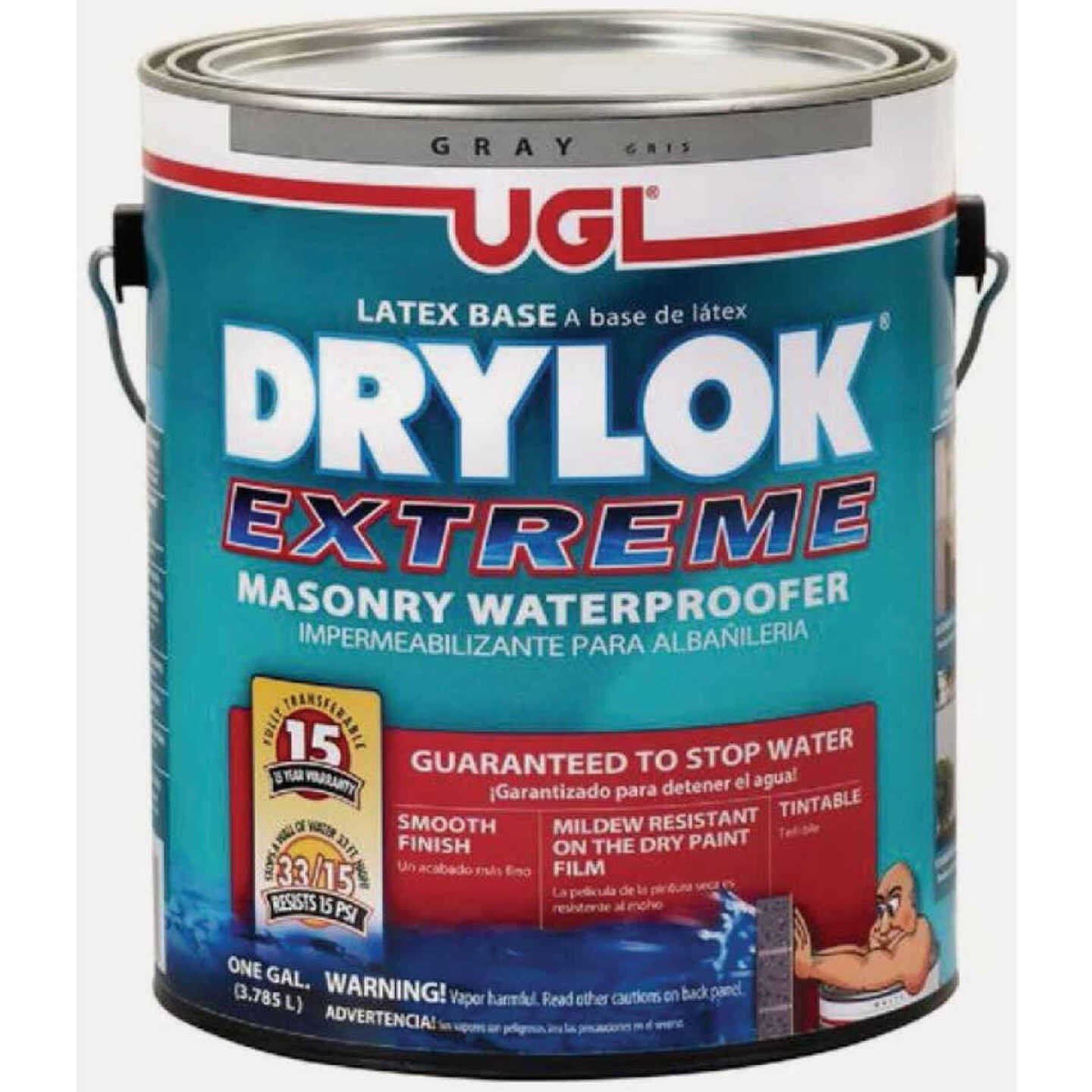
In any case, drainage is important for your home for removing excess water away. From potential structural complications to water damage that can quickly manifest into the rapid growth of toxic mold and mildew, water issues should be addressed. Due to the naturally moist and damp nature of basements an egress window or dehumidifier can be added to control humidity levels. Guess windows add light and ventilation to any basement and mostly safety in the dire situation of a house fire. National codes require egress windows to be installed in any basement with accommodations for living.


